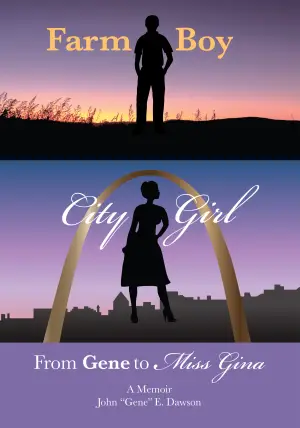A Journey of Hope and Resilience: A Review of Three Keys (Front Desk #2)
As I turned the pages of Three Keys, the much-anticipated sequel to Kelly Yang’s brilliant Front Desk, I couldn’t help but feel like I was welcoming back an old friend. Yang has an extraordinary gift for capturing the struggles and triumphs of young immigrants, and through her vivid storytelling, she draws us into Mia Tang’s life in a way that feels deeply personal. Having read all her work, I was already bracing myself for the emotional rollercoaster that lies ahead, yet Three Keys captured my heart in unexpected ways.
Set against the backdrop of 1994 California, the story unfolds at the Calivista Motel, where Mia’s family has turned their dreams into reality by providing a safe haven for immigrants. However, just as the motel seems to be thriving, the dark shadow of Prop 187 looms, threatening the very essence of what they stand for: compassion and community. The stakes are high, especially for Mia’s friend Lupe, whose future hangs in the balance.
One of the most striking themes in Three Keys is the power of voice. Mia’s internal struggle reveals her desire to fit in, as illustrated in a poignant moment when she wishes to lose her accent. Her mother wisely counters that an accent is like a passport, a testament to one’s journey. This heartfelt exchange resonated so deeply with me, illustrating how our identities are shaped by our stories, not by societal norms.
Yang’s writing shines in its ability to tackle heavy topics like immigration and racism in a way that feels accessible and age-appropriate. While I had known that the narrative would be impactful, the subtle moments—like the correction of the term "illegal immigrants" to "undocumented immigrants"—brought me to pause and reflect. Such mindful language not only educates but emphasizes the humanity behind every individual story.
The pacing of the book felt just right, ebbing and flowing between moments of tension and tenderness. The friendship between Mia and her companions is beautifully depicted, reminding us that solidarity can be a source of strength in the face of adversity. Yang effectively intertwines key messages about hope, courage, and activism that inspire young readers to believe that they have the power to effect change.
Among my favorite quotes, Mia’s reflections about not giving up on people resonated profoundly: “But you can’t give up on people. It’s one of the three keys of friendship.” This sentiment encapsulates the spirit of the book, emphasizing empathy, resilience, and the importance of community in difficult times.
Three Keys is not just a book meant for children; it’s a treasure for readers of all ages. For anyone grappling with their identity or seeking insight into the immigrant experience, this story offers invaluable lessons wrapped in an engaging narrative. Kelly Yang’s heartfelt exploration of contemporary issues ensures that the lessons of Three Keys are not just meant to be read but felt.
In closing, I urge all readers, especially those passionate about social justice, empathy, and the stories of marginalized communities, to dive into this book. It’s a wonderfully moving read that will leave you both inspired and hopeful, while also reminding you of the importance of listening, caring, and standing up for what’s right. As for me, my heart remains full, eagerly awaiting whatever journey Yang takes us on next.
Discover more about Three Keys (Front Desk #2) on GoodReads >>












